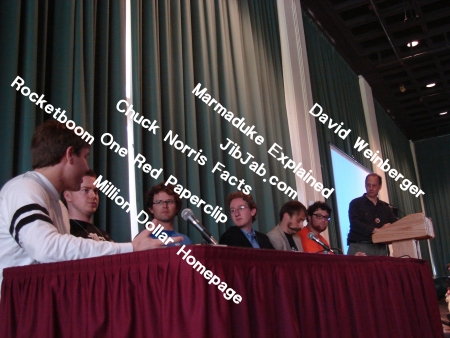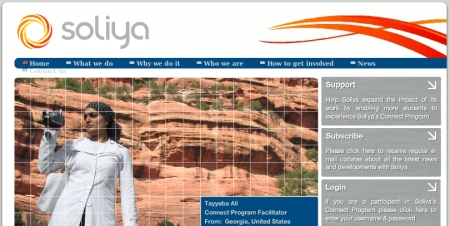Saudi Arabian Blogger Freed After 4 Month Detention
April 28th, 2008 — yelenaAfter being detained for four months, Saudia Arabian blogger Fouad al-Farhan has been released. Al-Farhan was detained in December without official explanation, but he was arrested “after authorities warned him about his online support of an activist group.” According to the Washington Post, Farhan said that he had been warned by an official from the Interior Ministry “that he would be detained for his online support of a group of [political critics]…arrested in February 2007.”
Despite the Saudi Government’s attempt to insulate its internal activities from foreign coverage (foreign journalists are rarely granted visas), Farhan’s arrest garnered a substantial amount of publicity at foreign media outlets, in addition to attention brought by the criticism of a plethora of bloggers (including 200 in Saudi Arabia).
While some argue that restraints on speech have diminished King Abdullah came to power in 2005, the 2007 report from Reporters Without Borders argues that “the Saudi regime maintains very tight control of all news.” Its ability to exert control is due both to its direct ownership of media outlets, but also by its willingness to shut down other media outlets that do not practice self-censorship sufficiently. This includes internally blocking both Fahran’s blog and the Free Fouad website set up by supporters.
And although coverage of Farhan’s arrest implies that he is one of the first online critics to be targeted through detention, his arrest could easily be seen as the (albeit slow) continuation of an established policy. In 2005 the Saudi Arabian Government made a wholesale attack on blogs by attempting to block access to blogger.com, but has shifted to targeting particular blogs since then.
Despite the chilling effect Farhan’s arrest will likely have, it may also be an acknowledgment of the potential of blogs to move political discourse. As Saudi Jeans blogger and Global Voices contributor Ahmed al-Omran points out,
“The arrest was scary and intimidating to bloggers but also empowering. It made bloggers know that their blogs are influential, and now they feel more of a responsibility and take their blogs more seriously.”





 Click Here
Click Here